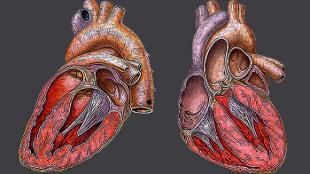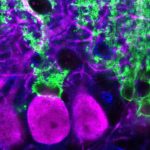
But researchers at Cedars-Sinai Heart Institute in Los Angeles, California, have created a new kind of pacemaker. Using a viral vector, they inserted into the heart of a guinea pig a gene called Tbx18, which plays a role in coaxing embryonic cardiac cells into becoming pacemaker cells.
After a few days, the modified cells “generated electrical impulses spontaneously and were indistinguishable from native pacemaker cells,” Hee Cheol Cho, lead author of the study, said in a press release. “Although we and others have created primitive biological pacemakers before, this study is the first to show that a single gene can direct the conversion of heart muscle cells to genuine pacemaker cells.”
Though it will be years before the approach can even be tested in humans, the therapy could theoretically be administered by injecting Tbx18 into a patient’s heart or by transplanting pacemaker cells created in the lab.











RSS